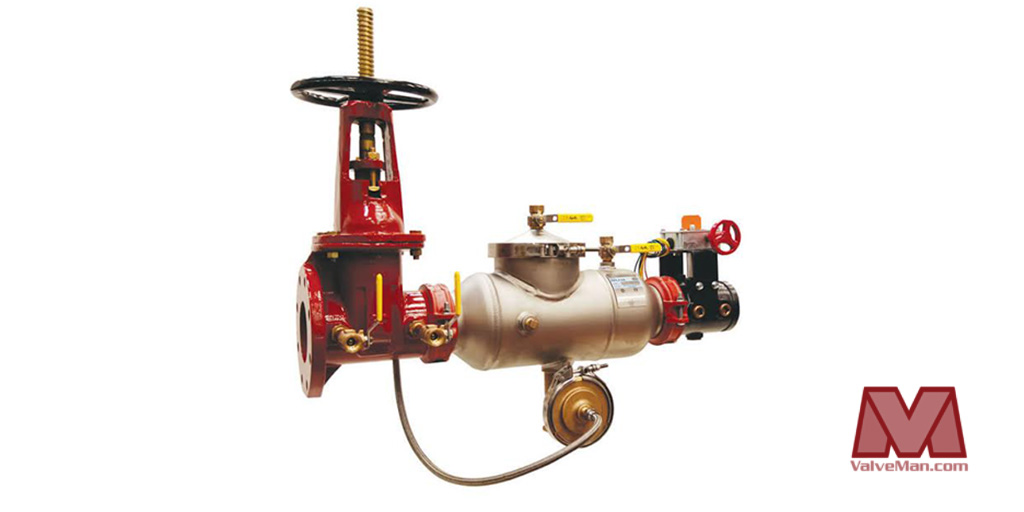A DC brushless servo motor is a sophisticated piece of equipment commonly used in precision-controlled applications. Unlike conventional motors, these motors operate without brushes, reducing mechanical wear and improving efficiency. DC brushless servo motors provide precise control, high reliability, and long life, making them ideal for industrial, robotics, aerospace, and automation systems. In this guide, we will explore the benefits, applications, and key features of these advanced motors, and how they can integrate with various systems like geocomposite technologies for enhanced operational effectiveness.
What is a DC Brushless Servo Motor?
A DC brushless servo motor is an electric motor that uses permanent magnets and a rotating armature to generate motion, without the need for brushes to transfer current to the rotor. Instead, electronic controllers regulate the current to the stator, which in turn creates a magnetic field that interacts with the permanent magnets on the rotor. This eliminates friction, reduces maintenance, and increases motor longevity. These motors are used in systems requiring precise speed, position, and torque control.

What Are the Benefits of DC Brushless Servo Motors?
DC brushless servo motors provide several key benefits:
- Higher Efficiency: By eliminating the brushes, energy loss due to friction is significantly reduced, making the motor more efficient.
- Reduced Maintenance: Without brushes, there’s less wear and tear, leading to lower maintenance costs and longer motor life.
- Greater Precision: These motors offer smoother performance and finer control over speed and position, ideal for applications where accuracy is critical.
- Improved Durability: Brushless motors are less susceptible to overheating and wear, making them more reliable in demanding environments.
What Are the Applications of DC Brushless Servo Motors?
DC brushless servo motors are highly versatile and are used across various industries, including:
- Robotics: These motors are essential for robot actuators, providing precise control over movement.
- Automation: Automated systems in factories rely on DC brushless motors for accurate and consistent operations.
- Aerospace: Used in flight control systems for precise motion and reduced weight.
- Medical Equipment: DC brushless servo motors power diagnostic tools and surgical robots due to their precision.
- Geosynthetics Industry: In the production and handling of geocomposites, such motors ensure the precise movement of machines used in manufacturing geosynthetic materials, such as geotextiles and geomembranes.
How Do DC Brushless Servo Motors Integrate with Geocomposite Technologies?
In the geosynthetics industry, including the production of geocomposites, DC brushless servo motors are used in various machinery, such as extrusion and weaving machines. These motors provide the required torque and precision to control the rate of material flow, ensuring consistent and high-quality production. Their efficiency reduces energy consumption and enhances the overall sustainability of the manufacturing process. For instance, in the production of geomembranes or geotextiles, these motors can optimize machinery for precise cutting, shaping, and handling of complex materials, improving production speed and minimizing defects.
DC brushless servo motors stand out for their efficiency, durability, and precise control. Their ability to operate without brushes leads to reduced maintenance and longer motor life, making them a superior choice in various industrial and technological applications. Whether in robotics, automation, aerospace, or the geosynthetics sector—especially in the manufacturing of geocomposites—these motors help ensure high performance and reliability. As industries continue to evolve, the adoption of DC brushless servo motors will likely grow, providing even greater benefits in terms of energy savings, precision, and long-term operational success.
